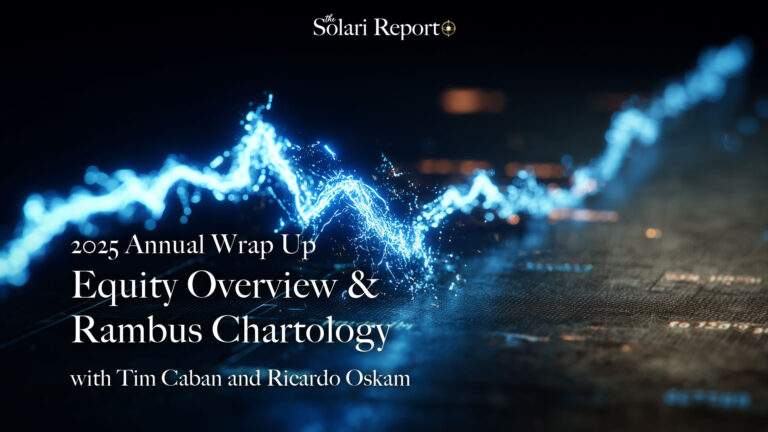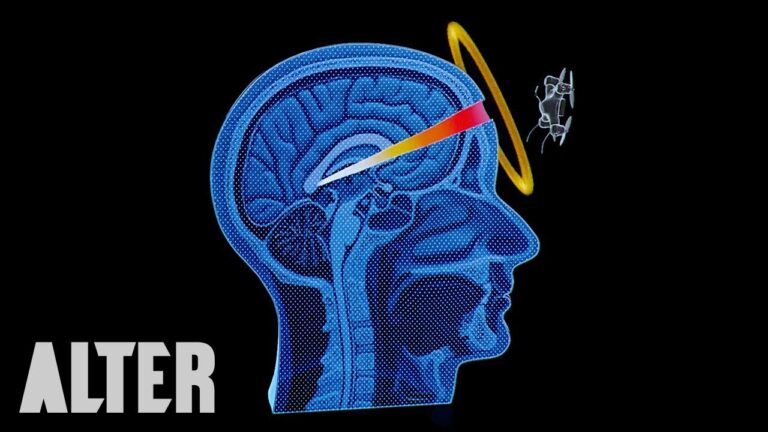The Housing and Economic Recovery Act of 2008:
An Analysis by Catherine Austin Fitts
~ Click here for the full article.
 If there is to be any blessing in this housing bill, perhaps it will be to so offend, so disgust those of us who are awake that the process of withdrawing from the old and reinvesting in the new models will accelerate. And maybe the smartest and most creative among us will be willing to invest the time and energy it takes to reinvent a model that incorporates what we like to think are traditional American values. These are the values that are enduring and make us proud to be Americans still. There is no hint of these values in the housing bill. There is, however, an abundance of them in the hearts and minds of the people.
If there is to be any blessing in this housing bill, perhaps it will be to so offend, so disgust those of us who are awake that the process of withdrawing from the old and reinvesting in the new models will accelerate. And maybe the smartest and most creative among us will be willing to invest the time and energy it takes to reinvent a model that incorporates what we like to think are traditional American values. These are the values that are enduring and make us proud to be Americans still. There is no hint of these values in the housing bill. There is, however, an abundance of them in the hearts and minds of the people.
- Housing Bill, Part I – Overview
- Housing Bill Part II – Nation State or Investment Syndicate?
- Housing Bill, Part III – Your House Is Bigger than My House
- Housing Bill, Part IV – The Profits of Playing Ball
- Housing Bill, Part V – Where Is the Collateral?
- Housing Bill, Part VI – The Tapeworm Corporation Comes Out of the Closet
- Housing Bill, Part VII – Andrew Cuomo Owes Us $5 Trillion
- Housing Bill, Part VIII – The Two Great Financial Mysteries of Our Time: Missing Money and Collateral Fraud
- Housing Bill, Part IX – In the Destruction of the Old, Let There Be the Creation of the New
Catherine Austin Fitts served as Assistant Secretary of Housing and Federal Housing Commissioner in the first Bush Administration. Her company Hamilton Securities Group served as lead financial advisor to the Federal Housing Administration during the Clinton Administration. She is a former managing director and member of the board of the Wall Street investment bank Dillon, Read & Co. Inc.






















































































































How about the De Fazio plan???? any thoughts on that??? this is the article :
The DeFazio plan would incorporate several measures suggested last week by William Isaac, the former chairman of the Federal Deposit Insurance Corp. under President Ronald Reagan. Those measures, DeFazio said, would get at the root of the bank liquidity problem.
DeFazio was joined at a Washington press conference to announce the plan by seven other Democrats, six of whom had also voted against the administration bailout plan. The Senate is expected to vote tonight on a bailout plan, while the House reconvenes tomorrow to address the financial crisis.
The proposal would raise the limit from $100,000 to $250,000 on bank savings insured by the FDIC. That idea has been floated the last couple of days in several circles as a way to improve confidence in banks and urge customers from withdrawing their money.
It would also restore a program used during the savings and loan crisis during the 1980s to help banks and thrifts short on capital to obtain assistance. The institutions would receive certificates called net work certificates that could be carried on their books and provide short-term capital with no actual exchange of cash.
From 1982 to 1993, banks with a total of $40 billion in assets participated in the program, DeFazio said. Three-quarters were able to improve their financial situation with no further assistance, he said.
Participating banks would be subject to strict oversight by the FDIC, including scrutiny of pay for top executives and action against poor management. Financial records and business plans would also be subject to review.
The program would enable the federal Security & Exchange Commission to allow banks to list the value of mortgages they hold at a future value. Under the current system in place, because there is no meaningful market for mortgage-based securities, banks must value assets at “fire-sale” prices, DeFazio said.
That, in turn, creates a capital shortfall on paper, he said.
The plan would also place restrictions on two short-selling techniques. Under DeFazio’s proposal, the SEC would be required to implement a rule banning naked selling, selling a stock at a loss without first borrowing the shares or ensuring the shares can be borrowed.
Such practices can harm the companies represented in the sales and hurt their efforts to raise capital, DeFazio said.
“There is no economic value produced by naked short sales, but significant negative effects,” he said.
The plan would also block short sales without an uptick in the market. It extends a temporary SEC rule implemented Sept. 19 to protect the integrity of the securities market and strengthen investor confidence.
The rule prevents market crashes brought on by irrational short-term market behavior, DeFazio said.
Among those who joined DeFazio at the press conference were Democratic Reps. Elijah Cummings and Donna Edwards of Maryland, Mazie Hirono of Hawaii, Lloyd Doggett of Texas and Bobby Scott of Virginia. They signed on as co-sponsors and said the nation would be better served by taking the time to put together a carefully considered bill than to rush through with an expensive bailout plan under increasing criticism from economists.
The Service Employees International Union, which represents two million workers nationwide, endorsed the DeFazio proposal.
“We finally have a plan that will restore confidence in the financial markets without writing a blank check to the same Wall Street banks and CEOs who got us into this mess,” SEIU President Andy Stern said in a written statement. “This is an important, short-term solution that protects taxpayers and their savings accounts. To revive the economy over the long-term, we must address rising unemployment, stagnant wages, the health care crisis, and a tax system that is tilted in favor of the wealthy.”
Hi Cathrine,
Banks bit off more than they could chew in the housing sector.
So where did all that lended money go?
Oil contracts possibly?
So where did all that money go?
Right out of the country?
We got a trail going on and it seems everyone is dumb to the whole idea
until the smoke clears and then we see the trail.
Do you think this could be a national security issue?
I think its criminal, what do you think?
Maybe the solution would be a great depression and a lesson that wall street is nothing more
than a public advertisement to the world on where it stands financially, that’s kind of scary don’t you think?
I mean there’s a war going on and the battle could be at wall street.
When the economy was down before, there was the pitiful economic stimulous package. The higher earner received more than the lower earner. The low income earner spent the entire 300.00. The high earner gave the money to wall street.
Why would it not be a good use of resources to put the money in the hands of the SPENDING PUBLIC. 300 million citizens, those over the age of 21, receive $1,000,000.00. That doesn’t even come close to the 700 billion.
Those behind in mortgage payments could make the payments, catch up and improve life for many others. Citizens would purchase everything they have been unable to. The economy would boom.
The money would be where it belongs. The tax revenue alone from the $1,000,000.00 stimulus would be significant. Why isn’t congress and the senate telling Czar Henry Paulson, just send the money to the people.
Always a pleasure to read the works of a true patriot.
SAR
joke england clean house
Not bad… Not bad.
I’ve read,what you’ve said,and am sorry to say,things seem to be designed to destroy “constitutional representaive government of for and by all of the people” in favor of a solviet sort of dictatorship. Pride goeth before a fall,and what a fall it has been and con-tinues to be given the scope of con-spiracy involved. Hopefully we can,rise again,like the pheonix.I’m not holding my breath though.We may need multiple oxygen tanks,to wait out a metamorphasase of our wormlike catapillar of economic promise,into a beauitiful butterfly,and hopefully not a “Monarch”,but like a Pheonix,firery,and bright,like the sun!